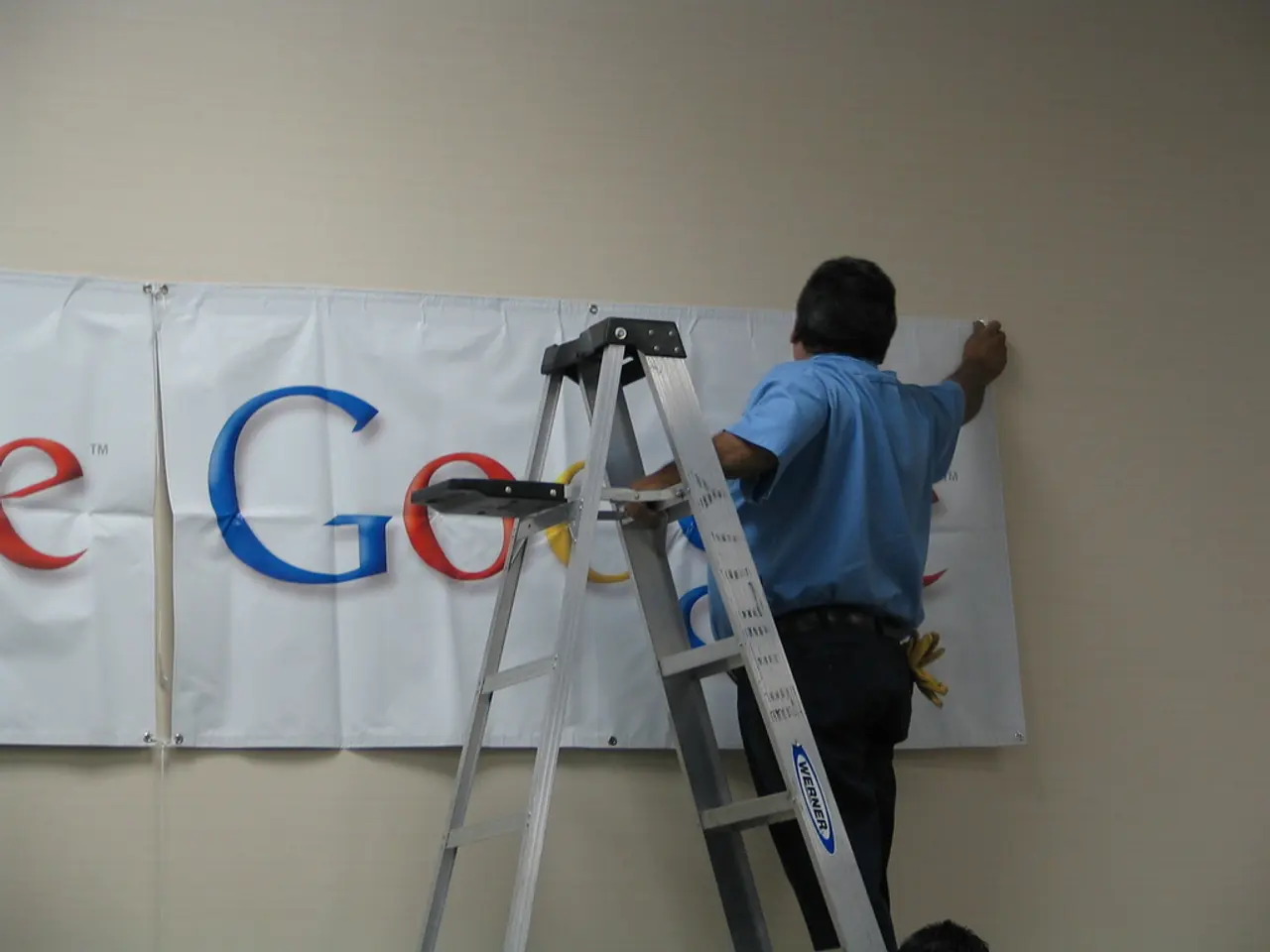Google sued for antitrust violations after courtclassifies it as monopoly
In a significant move, Magnite Inc. has filed a lawsuit against Google LLC on September 16, 2025. The lawsuit, filed as Case No. 1:25-cv-1541, alleges that Google illegally monopolized digital advertising technology markets, causing substantial harm to Magnite and the broader digital advertising industry.
The lawsuit extends beyond Magnite's specific injuries, describing a range of anticompetitive practices that have stifled innovation, limited publisher choices, and created artificial barriers for new entrants. The 81-page complaint details Google's control over programmatic direct and private marketplace transactions, its exclusive restrictions on AdWords demand, and its use of practices like "First Look," "Last Look," and Project Poirot to reduce publisher revenues and harm competition.
Google's Monopolistic Practices
Google's monopolistic practices have been a subject of scrutiny for some time. The lawsuit alleges violations of Sections 1 and 2 of the Sherman Act, with potential treble damages reaching hundreds of millions based on allegedly monopolistic conduct. Google required AdWords advertisers to use its AdX exchange exclusively for open-web display purchases, while forcing publishers to use its DFP ad server platform to access real-time bids from AdX. This tying arrangement created insurmountable barriers for potential ad server competitors, making entry commercially infeasible.
The success of these compensation claims depends on the ability to quantify specific harm from Google's conduct while separating it from legitimate competitive factors and market changes. Economic expert analysis will be crucial for establishing damages methodologies that courts can apply consistently across multiple cases.
Impact on Magnite
The lawsuit alleges that Google's conduct prevented Magnite from achieving its natural market potential, causing substantial financial harm, including the termination of over 250 employees. The lawsuit seeks comprehensive relief including monetary damages, structural remedies, and behavioral restrictions to prevent future violations.
Wider Implications
The lawsuit follows the successful government prosecution of Google's advertising technology monopolization, with the Department of Justice and multiple state attorneys general filing their antitrust case in January 2023. The federal court's determination serves as a benchmark for calculating overcharge damages across the industry, with publishers potentially claiming reduced revenues due to Google's inflated fees and advertisers seeking compensation for paying above-competitive prices.
Competing exchanges like OpenX and PubMatic have filed similar lawsuits alleging they lost market share and revenue due to Google's exclusionary practices. The lawsuit against Google is a significant step towards restoring competitive conditions in ad tech markets and promoting a more diverse and innovative digital advertising landscape.
Read also:
- Cybertruck's Disappointing Setback, Musk's New Policy, Mega-Pack Triumphs, Model Y's Anticipated Upgrade Prior to Refresh (Week of January 25 for Tesla)
- Haval H6 Hybrid Analysis: Delving into Engine Performance and Fuel Efficiency
- Home Compostable Label Partnership for Fresh Produce: Coveris Teams Up with TIPA
- US-based electric vehicle manufacturer Canoo expands its market reach, announcing its entry into the UK market.






